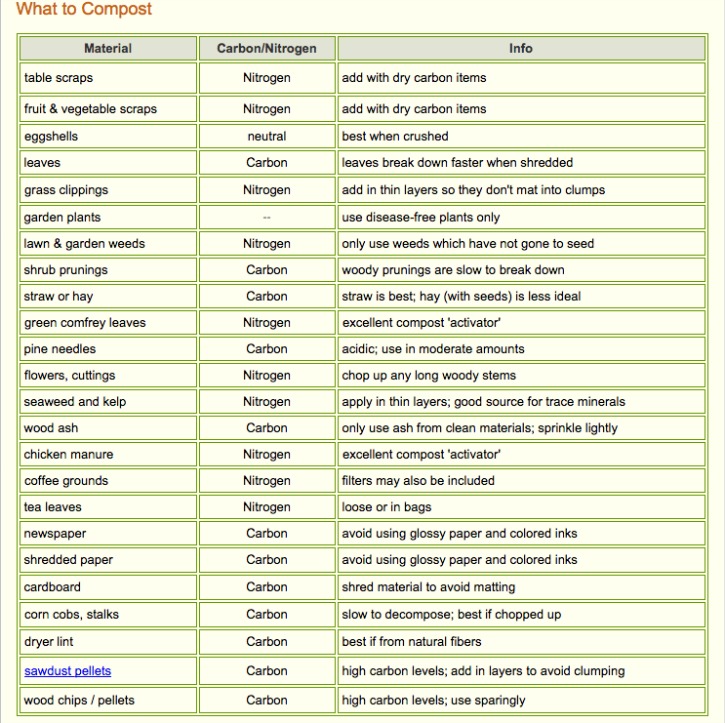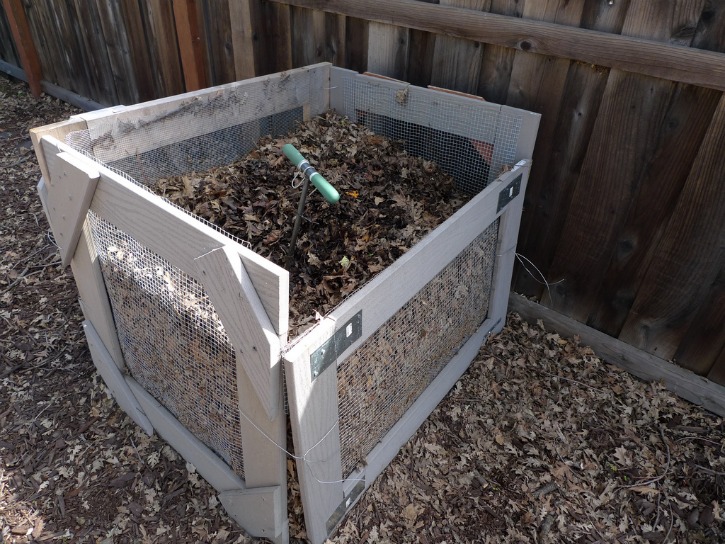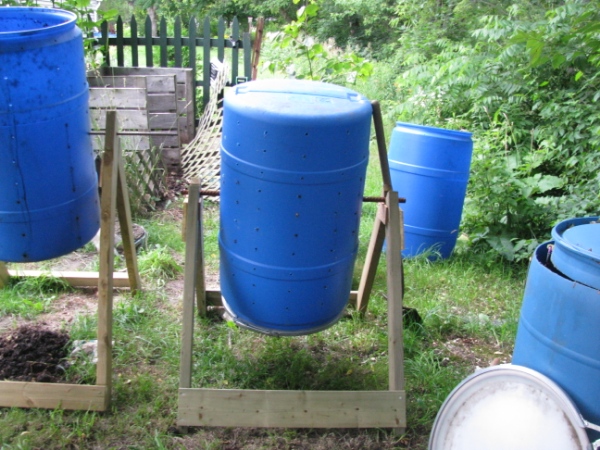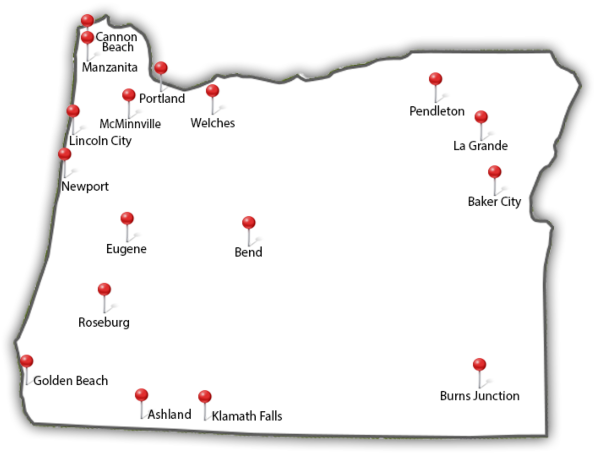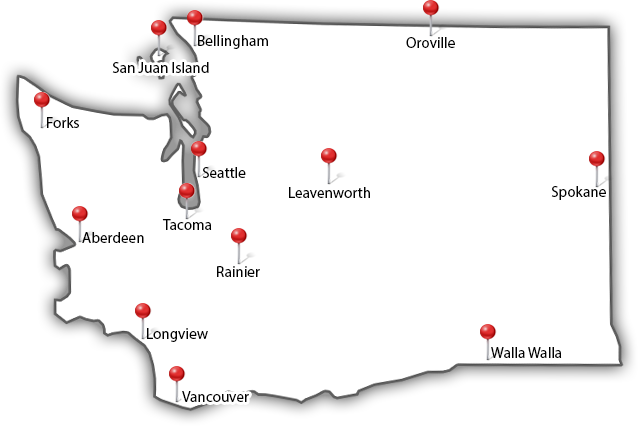Is Raking Leaves Bad for Your Lawn?
Thursday, September 10th, 2015
Having a big tree in your front yard is great… most of the time. Trees look nice, increase your home’s value, and provide shade, keeping your yard cooler in the summer. When fall comes around, it’s a different story.
Raking leaves is tiring, and keeping your property leaf-free can be a process lasting several months, depending on the tree. Most people don’t look forward to it. Maybe that’s why not raking the lawn is a growing trend.
Many people say it’s actually better for your lawn to not rake leaves. Are they right?
Pros and Cons of Raking Leaves
There’s good and bad on both sides.
For most people, the biggest benefit of raking leaves is the overall improvement to the appearance of their yard. Not to mention the fun of being able to jump into a freshly raked pile.
The biggest drawback for most homeowners is that it’s a lot of work. If you have a big yard and big trees, you may have to invest a couple of hours every weekend for a few months just to stay on top of it.
Other people say leaving a layer of fallen leaves suffocates the lawn and kills the grass. There’s quite a bit of evidence to the contrary, but if you really want to do what’s best for your lawn, you probably have better options than simply leaving your leaves untouched.
What Should You Do With Your Leaves?
Whether or not you rake your leaves really depends on a variety of factors, like where you live, how much work you want to put into leaf-control, and what you want your yard to look like.
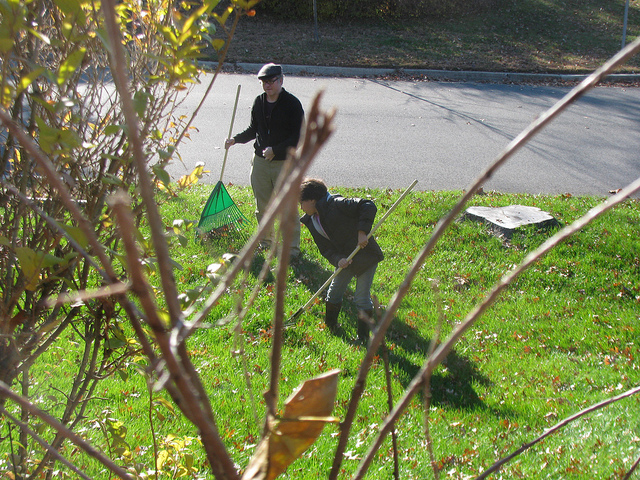
Here are a few options to consider:
Leave Them Alone
Leaving fallen leaves usually won’t damage your lawn — unless you have a LOT of leaves or you get heavy snow in the winter where you live. That might stop your lawn from getting the natural light and fresh air it needs to survive.
For most people, leaving leaves alone is a viable option.
Some neighborhood associations may want you to remove all your leaves to keep your lawn looking pristine. If that’s your situation, keep reading.
Compost Them
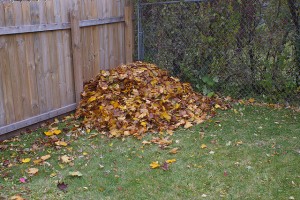 Did you know that even fallen leaves contain important minerals that are great for your soil and other plants? When you compost your leaves, you can get a healthier yard and find a use for all those leaves that would otherwise go to waste!
Did you know that even fallen leaves contain important minerals that are great for your soil and other plants? When you compost your leaves, you can get a healthier yard and find a use for all those leaves that would otherwise go to waste!
Want to try it?
Use a lawn sweeper or rake leaves into a pile somewhere out of the way, like the backyard. If you’re fine having the pile their for a while, you’re done! But if you want to encourage leaves to break down a little faster, try one of these tips:
- Grind or shred your leaves.
- Mix leaves with manure or another nitrogen rich material.
- Turn the heap regularly — anywhere from every 3 weeks to every 3 days.
Turning leaves more often encourages them to break down faster.
For more composting tips and the best way to grind your leaves, check out this article from compostguide.com.
Once the leaves are broken down you can use them as mulch for your lawn. It’s great for grass and other plants!
Leaf Pick Up
Many cities have programs for collecting leaves. The city will compost them for you! In Portland, where we’re located, leaf day pickups happen from early November to mid-December.
If you’re in Portland, you can participate in a leaf day pickup by checking what day the leaf truck will come through your neighborhood. You can find that out on their website when it gets closer to leaf pickup time, or call (503-865-5323) or email the city.
Before your pickup day, rake or sweep your leaves into the street 12 inches from the curb and make sure you move your car. Here are some other recommendations from the City of Portland.
Don’t live in Portland? Check your city’s official website to find out if your area has a yearly leaf pickup.
What if it’s Rainy?
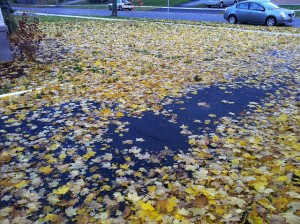 Here in Portland, rain in the fall is pretty common. Unfortunately. that makes it much harder to do anything useful with your leaves. The good news is heavy rain might make your leaves naturally biodegrade faster.
Here in Portland, rain in the fall is pretty common. Unfortunately. that makes it much harder to do anything useful with your leaves. The good news is heavy rain might make your leaves naturally biodegrade faster.
Even if you do plan to eventually rake or compost them, it’s fine to leave them until they dry out a bit.
Soggy leaves can be slippery, though. So try to at least get them off paths, sidewalks, and driveways. You can try using a rake or even a shovel with a flat head like a scoop shovel or a scraper.
What About Leaf Blowing?
Leaf blowing is great for moving dry leaves off paths, driveways, and sidewalk quickly and easily. It that’s all you want to do, it might be worth investing in a leaf blower.
The thing about leaf blowers is they just move leaves around rather than getting rid of them. They’re less precise than a rake or lawn sweeper, so they’re not great for getting leaves exactly where you want them, like in a pile.
If you want to actually get rid of leaves or compost them, you’re better off with a good rake or lawn sweeper and maybe a shovel to get leaves off concrete and asphalt.
Conclusion
I hope this post helped you find the best method for dealing with your fallen leaves this year. Regular tree pruning can reduce the number of leaves you have to deal with. If you want some free pruning advice give us a call at (503) 538-8733.
Do you have other solutions for dealing with leaves in the fall? Share them in the comments!
Photos: Andy Eick, Eden, Janine and Jim, Jeremy Noble, Derek Hatfield
Category Composting, Landscaping






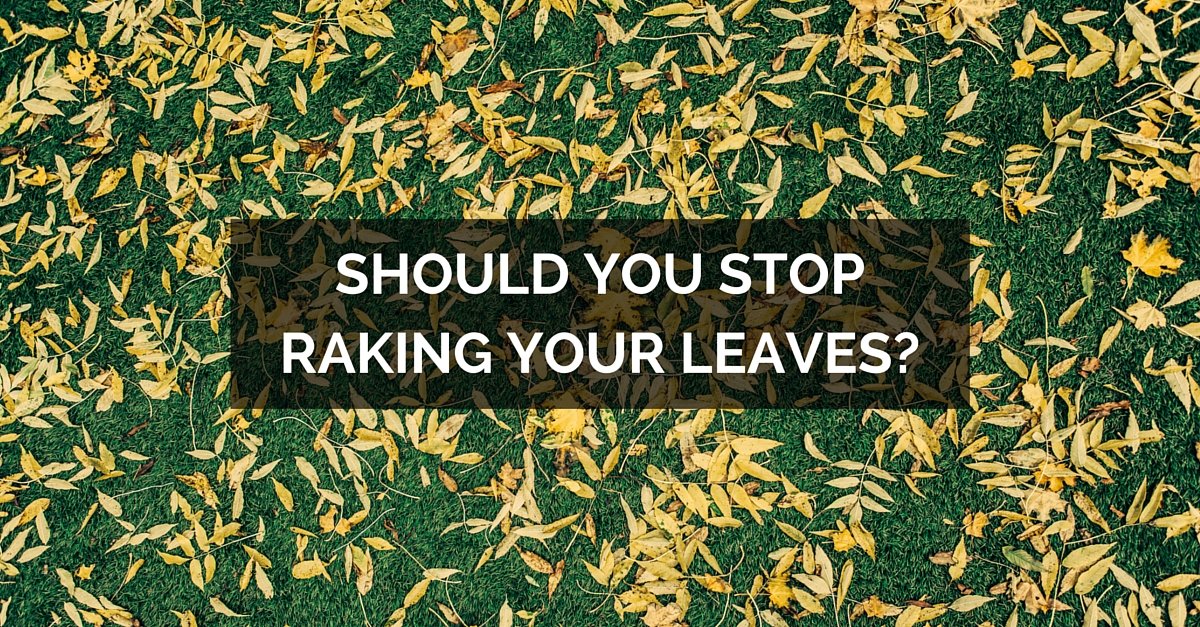

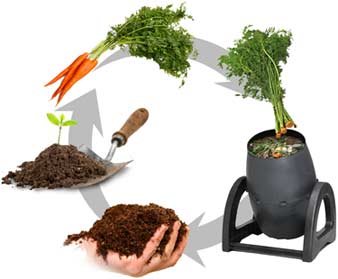 wing, and pretty soon we are going to run out of space for all that garbage! Luckily, many things we throw away can actually decompose in our backyards and even improve the soil in our gardens. Composting just might make your heirloom tomatoes grow bigger and juicier.
wing, and pretty soon we are going to run out of space for all that garbage! Luckily, many things we throw away can actually decompose in our backyards and even improve the soil in our gardens. Composting just might make your heirloom tomatoes grow bigger and juicier.